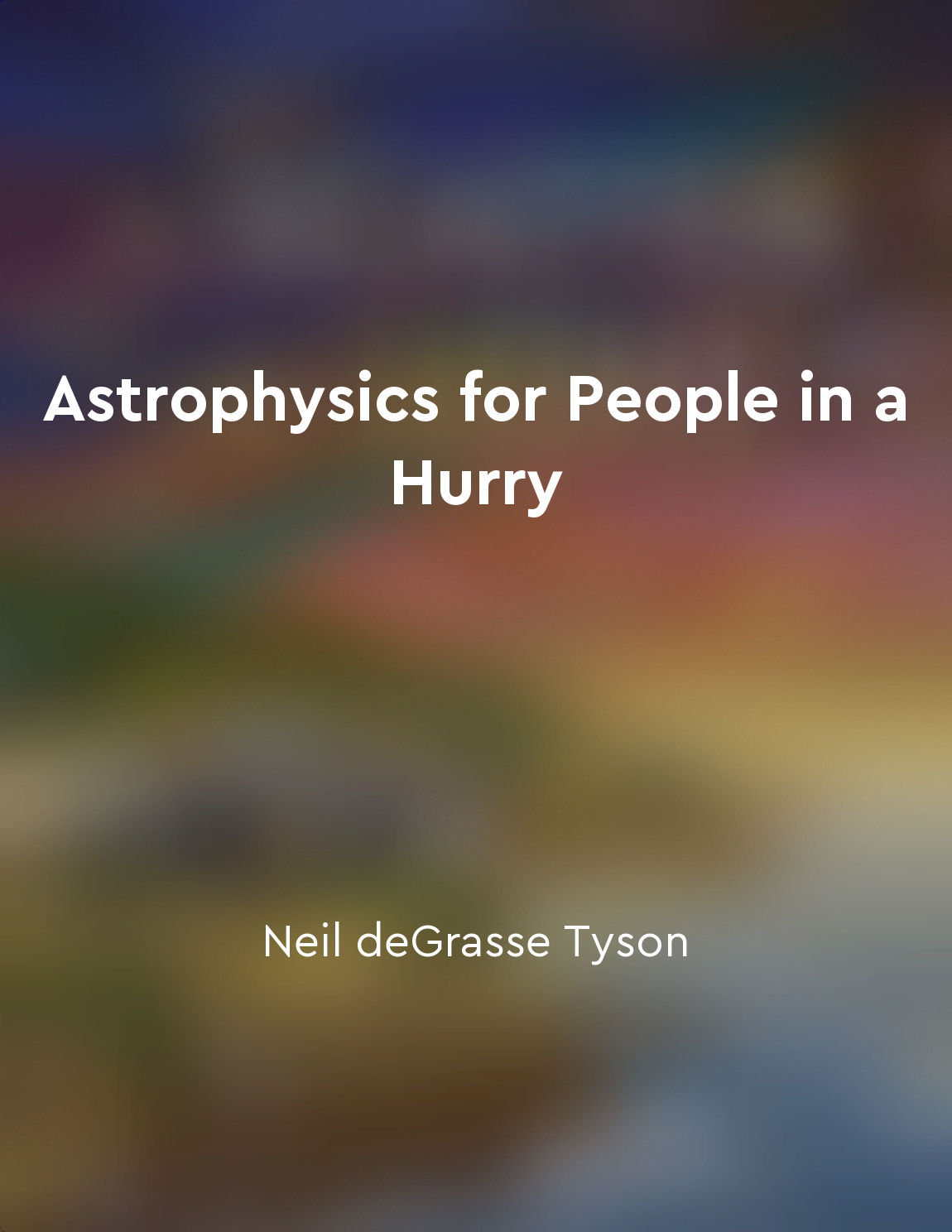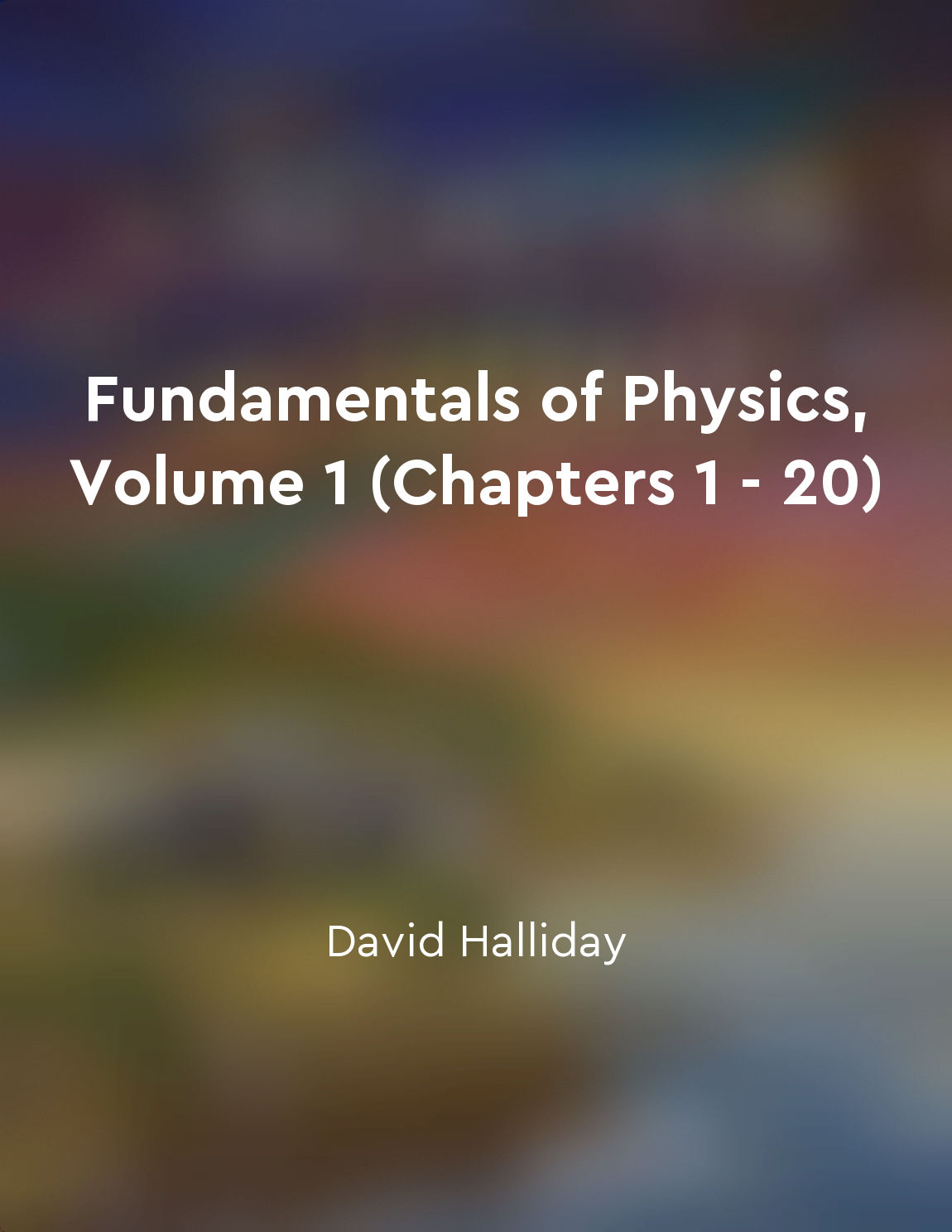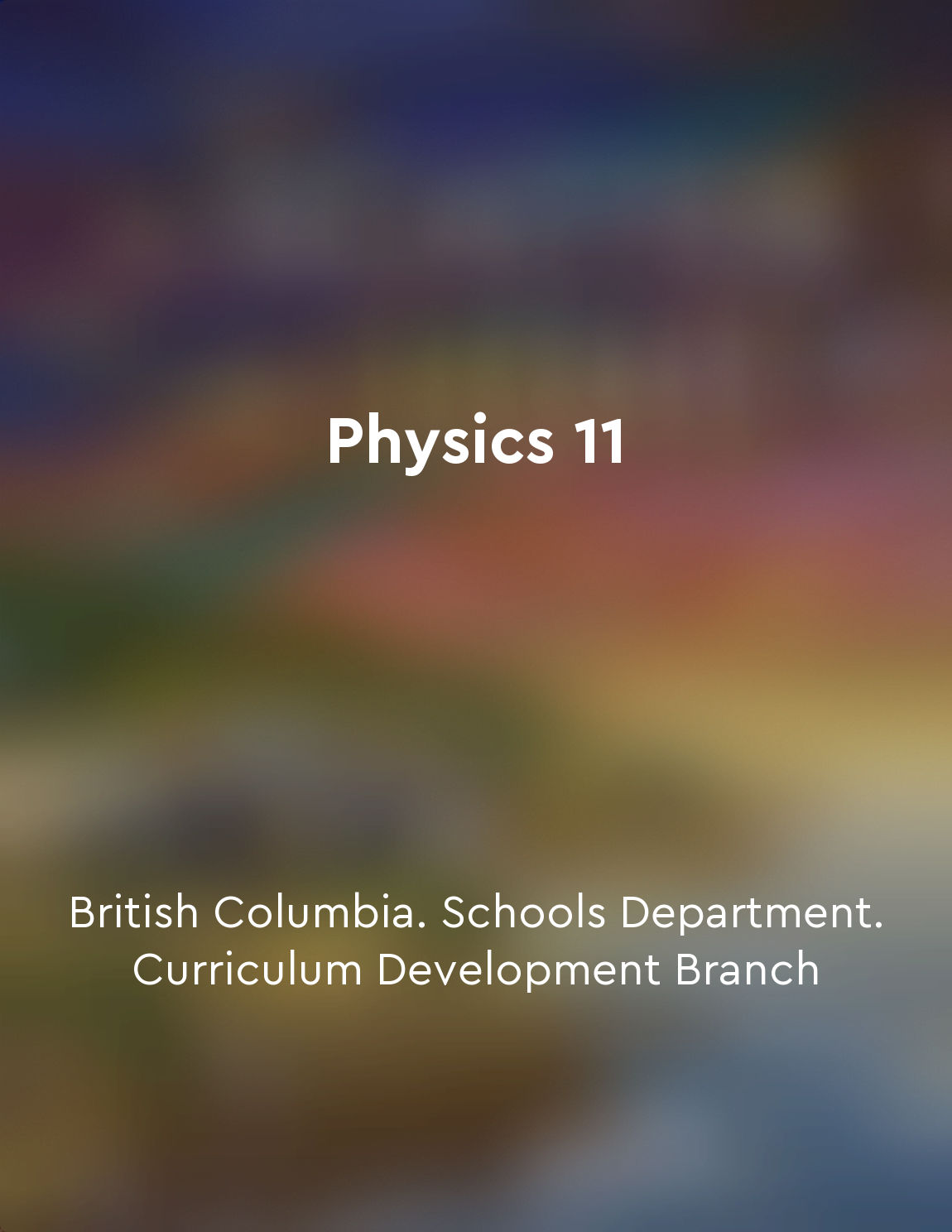Electric charge is conserved in most interactions from "summary" of Physics 11 by British Columbia. Schools Department. Curriculum Development Branch
When examining interactions involving electric charge, one fundamental principle stands out: the conservation of electric charge. This principle states that the total electric charge in an isolated system remains constant over time. In other words, electric charge cannot be created or destroyed; it can only be transferred from one object to another. This concept of charge conservation plays a crucial role in understanding various phenomena in the realm of physics. For instance, when two objects come into contact and transfer charge between them, the total charge before and after the interaction must remain the same. This principle holds true for most interactions involving electric charge, whether it be through conduction, induction, or other processes. In situations where electric charge appears to be lost or gained, it is often the result of a redistribution of charge rather than an actual creation or destruction of charge. This redistribution can occur through a variety of mechanisms, such as the movement of electrons or ions between objects. Despite these apparent changes in charge, the total amount of charge in the system remains constant. It is important to note that while electric charge is conserved in most interactions, there are certain exceptions to this rule. In specific circumstances, such as in nuclear reactions or particle collisions, charge conservation may not hold true. In these cases, other conservation laws, such as conservation of energy or momentum, may take precedence. By understanding and applying the principle of charge conservation, physicists are able to analyze and predict the behavior of electrically charged systems with a high degree of accuracy. This fundamental concept serves as a cornerstone of modern physics, providing a framework for explaining a wide range of phenomena observed in the natural world.Similar Posts
Gibbs free energy predicts system spontaneity
The Gibbs free energy is a fundamental concept in thermodynamics that plays a crucial role in predicting the spontaneity of a s...

The cosmic microwave background radiation is a remnant of the Big Bang
The universe is bathed in a faint glow of radiation, known as the cosmic microwave background. This radiation comes from all di...
The significance of the Higgs boson in completing the Standard Model
The Higgs boson is a crucial piece of the puzzle in the grand scheme of particle physics. It is the missing link that completes...
Deep space exploration requires advanced technologies
Deep space exploration is a daunting challenge that requires cutting-edge technologies to overcome the many obstacles involved....

Current flows in a circuit due to potential difference
When a potential difference is established in a circuit, it creates an electric field that exerts a force on the charges within...
Relativity explains how gravity affects the fabric of spacetime
We can understand the way gravity influences the structure of spacetime through the theory of relativity. According to this the...
The mysteries of black holes
Black holes are the most mysterious objects in the universe. They are places where the gravitational field is so strong that no...
Experimental verification is crucial for validating theories
Theories in physics are created to explain and predict the behavior of the natural world. However, a theory is only as good as ...
The discovery of new elements has expanded our understanding of the universe
The periodic table is a window into the building blocks of the universe. Each element is like a puzzle piece that fits into the...
Ancient Greek thinkers laid the foundations for modern science
The ancient Greeks were not only the first to think of the world as governed by natural laws that could be understood by human ...

